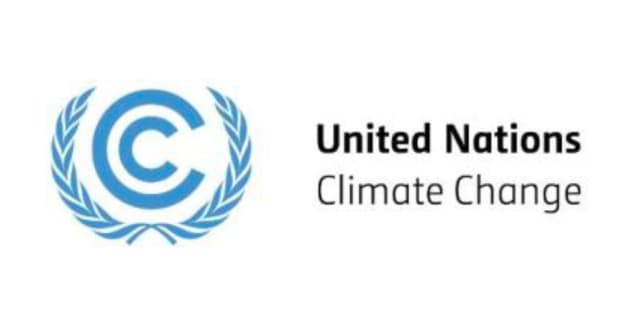Sport in all its forms is increasingly threatened by climate change. The increasing lack of snow during winter, unpredictable heatwaves and rising sea levels are among the issues seriously affecting athletes, event organisers and even spectators.
In December 2018, the United Nations Framework Convention on Climate Change (UNFCCC) and the IOC co-launched the new Sports for Climate Action (S4CA) Framework and defined the role of sport in the worldwide fight against climate change. The UN S4CA Framework aims to help sport organisations reduce emissions caused by their operations. The UN S4CA initiative calls on sporting organisations to acknowledge the contribution of the sports sector to climate change and their responsibility to strive towards climate neutrality for a safer planet.
For several years, the International Judo Federation has understood its responsibilities and decided to take action to limit its impact on the planet. This included the appointment of two Climate Ambassadors (Sabrina Filzmoser and Flavio Canto - https://www.ijf.org/news/show/sabrina-filzmoser-and-flavio-canto-appointed-ijf-climate-ambassadors) and the launch of initiatives such as 'Plant a Tree,' which was the theme of World Judo Day in 2019.
The most notable action carried out by the IJF takes place during World Judo Tour events, during which awareness of climate-related issues is systematically raised. Messages are thus given to delegations to advise them that we can all do something for the planet. It is not limited to words though, actions also follow.
Ekonerg, Energy Research and Environmental Protection Institute Ltd., published, at the end of 2023, its report on greenhouse gas emissions of the IJF for the year 2022. This report is prepared as support for the IJF and its commitments within the Sports for Climate Action (S4CA) Framework. By joining the S4CA initiative from its inception, the IJF committed to prepare yearly reports on greenhouse gas emissions. The first report was prepared for 2021 which was declared a base year against future emissions to be compared.
The S4CA framework is based on five core Sports for Climate Action Principles, which the IJF is fully committed to: 1 - Undertake systematic efforts to promote greater environmental responsibility; 2 - Reduce overall climate impact; 3 - Educate for climate action; 4 - Promote sustainable and responsible consumption; 5 - Advocate for climate action through communication.
In its conclusions, the Ekonerg's report underlined, "The foundations of active contributions to the global climate change fight have been set and already many environmental and climate impact reduction measures had been considered or already practised. Besides, the organisation strongly advocates sustainability and plans to continue highlighting the importance of environmental protection and climate action."
Sanda Corak, IJF Education Director, who supervises IJF sustainability activities, declared, "Concern for the environment and endorsement of a broader sustainable agenda is inherent of the IJF activities and an integral part of the management of our organisation. Our main goal is to deliver sustainable events and our efforts are focused in measuring carbon footprints and evaluating the impact that events are having on the environment. Through the education of young athletes we are trying to promote the importance of sustainable activities, not only in sporting environments but also in our everyday lives."
Larisa Kiss, head of IJF International Relations, said, "It is a pleasure to see that sustainability is more and more interesting for all our event organisers; each national federation identifies some sustainability measures which work in their case and can also decrease their costs or help them to save resources. Every location is different and not all the proposed measures are efficient or relevant everywhere but we are flexible and understand when cultural adaptations are necessary. Furthermore, we note that organising clusters of events in locations geographically close, facilitates ease of travelling and can make delegations’ travel more cost-efficient and thus also more climate friendly. I am optimistic for the future and I believe that in time, continuing to implement simple and effective measures, as well as educating the international judo community, will bring excellent results for judo’s contribution to the fight against climate change."
In 2023, even more was done to reduce the impact of the IJF’s activities on the planet and so it will be in 2024 too. The report focused more precisely on two events (Grand Slam Antalya, Türkiye and Grand Prix Upper Austria) and the information about those competitions will be published soon.
We can all have an impact on the critical situation that humanity faces and we can all do something at all levels. Tomorrow it will be too late. It is now that we must act and the IJF does.






